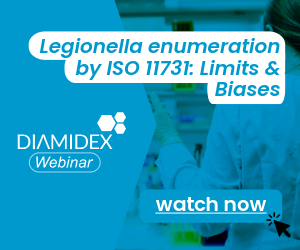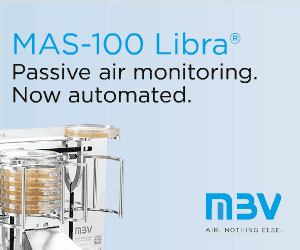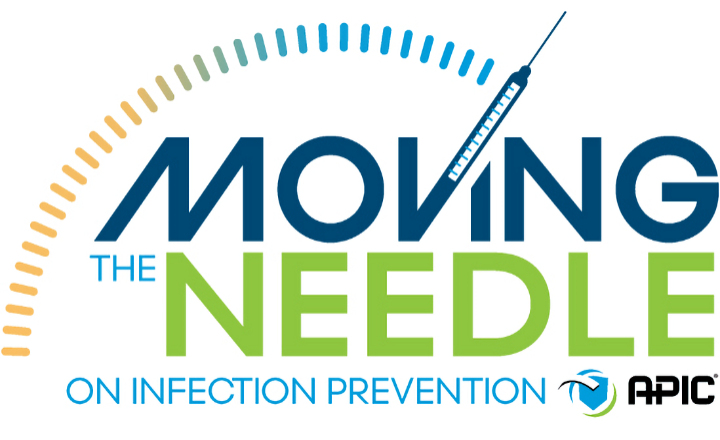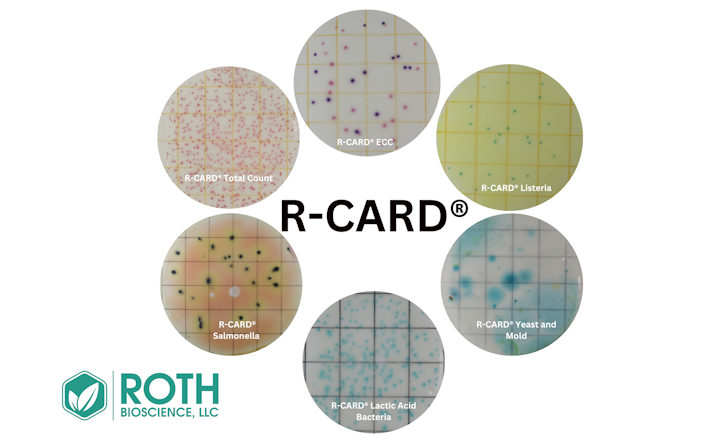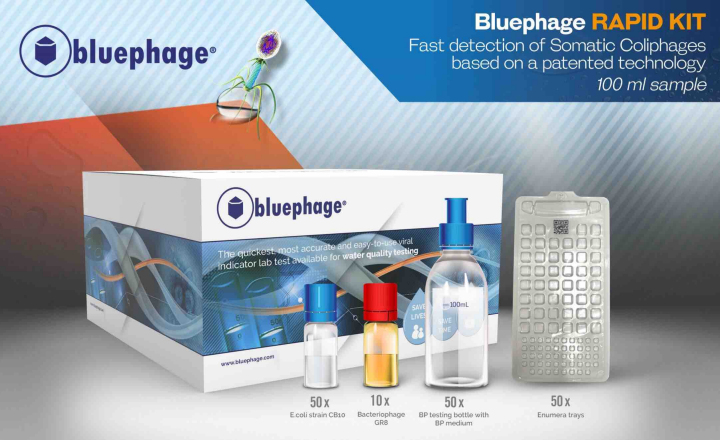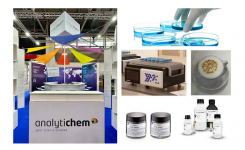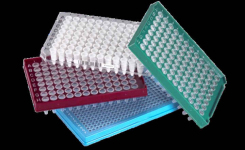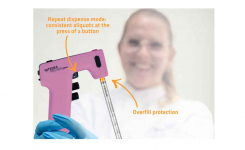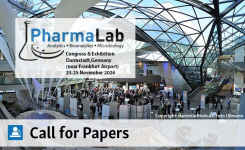- Classified among the ESKAPE pathogens, Enterobacter cloacae complex (ECC) encompasses clinically relevant species such as E. cloacae, E. asburiae, E. hormaechei, E. kobei, and E. ludwigii.
- ECC is a major cause of hospital-acquired infections and increasingly exhibits virulence and multidrug resistance traits; novel alternatives to antibiotics are urgently needed.
- The study demonstrates that an institution-specific phage cocktail, built using local strain surveillance, can reduce time-to-effective therapy, curb transmission of resistant clones, and limit off-target ecological effects compared with broad, non-targeted antimicrobial agents.
- This approach offers a framework adaptable to other healthcare and industrial sectors.
- Key findings: Subedi et al. (2025) analyzed a decade-long ECC isolate bank (n = 206) to identify the dominant and clinically relevant local strains.¹
- Sewage samples were screened to isolate lytic phages; host-range matrices guided the rational selection of complementary phages to maximize coverage.
- The final five-phage cocktail provided 88 % coverage against hospital ECC isolates, significantly reduced regrowth and resistance emergence in in vitro assays, and achieved > 99 % bacterial load reduction in rodent sepsis models.
- These findings support a scalable workflow for localized phage development directly linked to hospital microbiology surveillance.
Bigger picture: This study establishes a framework for integrating phage therapy into institutional antimicrobial stewardship programs. By coupling epidemiological surveillance with rational phage design, hospitals can generate frontline, adaptable therapies responsive to their own pathogen landscape. While producing GMP-grade, multi-phage formulations and securing regulatory approval remain challenging, the potential benefits are substantial: more precise infection control, reduced antibiotic pressure, and containment of multidrug-resistant pathogens. Moreover, this adaptive pipeline could be extended beyond healthcare to veterinary, agricultural, and environmental applications.
References:
1. Subedi et al. 2025. “Rational design of a hospital-specific phage cocktail to treat Enterobacter cloacae complex infections Nature Microbiology, 10.1038/s41564-025-02130-4.


